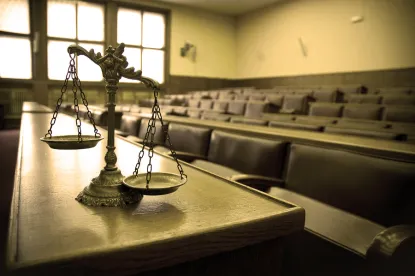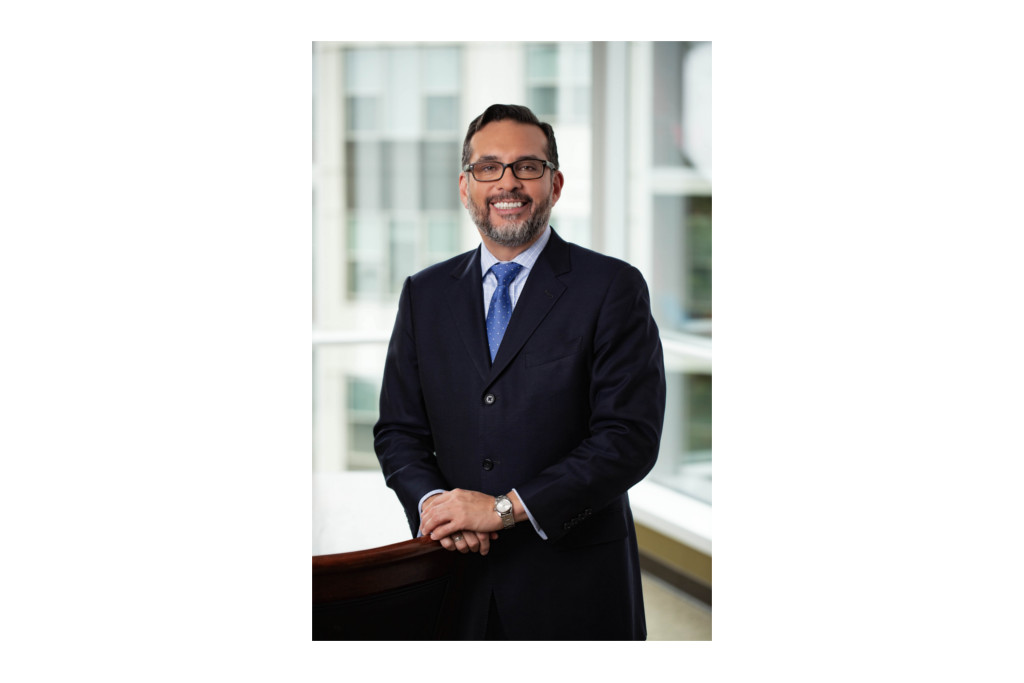Georgia students are returning to school again facing a sharp peak in COVID-19 cases.
The New Year began with a surge in reports, mostly concentrated in the metropolitan area of Atlanta, with nearly 19,000 cases reported nationwide on New Year’s Day, breaking Georgia’s previous record of just over 10,000 cases on January 8, 2021.
Columbia County’s telecommunications engineer and mother CJ Bridges said her family tried to do everything in their power to avoid the post-holiday surge in cases. She helps care for high-risk family members and has got used to avoiding public interactions as much as possible, but like much of the state, her family has been affected by COVID.
“We didn’t have family celebrations for the holidays,” she said. “We spent Thanksgiving, Christmas and New Year’s Eve in our own household. But right after Christmas, over 12 of my family members became infected with COVID. One of them, unvaccinated, is currently in the hospital. “
When it came time to send her second grade son back to class, she was nervous. The family had difficulty arranging a first vaccination appointment due to a shortage of supplies, so he has only received his first dose so far.
“He masked himself at school, but he tells me every day how many people don’t have masks and don’t wash their hands regularly,” said Bridges. “I trust the school to do its best, but it is extremely difficult to control other people and how they deal with the situation.”
Bridges said her son’s first day on Tuesday went well and she was happy to hear that more students appeared to be masked on the first day.
However, she remains concerned about the district’s quarantine guidelines and the lack of a local virtual school option.
“I understand school districts are doing their best and it seems like COVID is everywhere right now, but it really feels like I’m being forced into a situation with no choice,” she said. “Its scary.”
It’s hard for students like Elsa Schilling, who participates in the Magnets program at Wheeler High School in Cobb County, not to notice the effects of COVID in the classroom.
“There were definitely a lot of unexplained absences in some of my classes and the teachers wouldn’t really point them out,” she said. “You know, we only knew that they were outside because of COVID or because they were exposed.”
“Teachers often complain that it will be difficult to teach when a lot of people are away and everyone is worried,” she added. “And I know that every time a teacher or classmate takes off their mask, even for a few seconds, to drink water, I get a little nervous. I just feel kind of nervous and insecure. “
In contrast to the previous wave, in which minors in the state saw cases at rates similar to adults, the current wave is led by Georgians between the ages of 30 and 59, according to the state health ministry.
Children who become infected with COVID-19 generally have mild symptoms and recover quickly, but in some cases they can become seriously ill and transmit the virus to more vulnerable adults.
Many Georgia school districts, particularly those in the metropolitan area of Atlanta, including the Atlanta Public Schools, DeKalb County, and Clayton Counties, have postponed in-person school starts and have opted to start the semester virtually, with plans to close the classrooms again on January 10th to open.
On Tuesday, Clayton County’s superintendent Morcease Beasley told CNN that his district was doing so in hopes of reducing the spread of vacation cases.
“This week our teachers and staff are working virtually, we are testing all staff to make sure that of course if the students return face-to-face on Monday 10th January we would have the best situation I would hope.” Regarding security possible, ”he said.
“Part of our effort is to make sure we don’t add to the rise in cases in our county in this area. So we thought it best to give all employees a chance to take tests and get those negative tests, ”he said. “Of course, those who tested positive would need to be quarantined, which allows us to plan more effectively when the students return face-to-face on January 10.”
School closings have become a cultural wedge problem in the age of pandemic politics as working parents struggle to balance their job with looking after children who are studying online.
Citing research linking virtual education with reduced learning, several Republican candidates for senior office have called on Metro Atlanta counties to abandon the virtual plans and open their doors immediately.
“These are decisions based on hysteria, not evidence,” Gainesville Republican Senator Butch Miller, who runs for lieutenant governor, said in a statement. “We should be doing the right thing for those most at risk from the virus by keeping virtual learning an option, but doing the right thing for the vast majority of Georgian families is personal learning!”
Former US Senator David Perdue blamed the man whose job he is seeking, Governor Brian Kemp.
“Unfortunately, Brian Kemp continues to let us down by giving in to liberal administrators in Atlanta. As governor, I would issue an executive order to get our children back into the classroom, ”Perdue said. “These administrators have been given a free hand for far too long – it is time to make parents responsible again.”
Such an implementing regulation would likely trigger a legal challenge. State law generally gives the local school authorities control to establish their own rules. Kemp has signaled its support for keeping the classrooms open but has left the decision to the local leaders.
Changes to the protocol
On Wednesday, the Georgia Department of Health released an administrative order allowing local counties to develop their own quarantine requirements for asymptomatic individuals exposed to the virus if exposure occurred in a school setting.
The department recommends, but does not require, schools that use different quarantine protocols to require that “people in quarantine who remain in the school environment wear a well-fitting mask for 10 days after exposure”.
The change is likely to make parents more confused about what to do if their child is around a friend, classmate, or family member who later contracted COVID-19, said Dr. Amber Schmidtke, a microbiologist studying the spread of COVID-19 in Georgia.
“This is less a question of public health than a question of work,” said Schmidtke. “DPH gives them the green light to do whatever they have to do to keep their workforce. The problem, when things are as vague as here, is that school districts could do many unsafe things in the name of personal learning, including asking people to come back to work while they are positively and / or actively sick, or they punish / fire them for failing. It seems to me that there is a shift towards treating the influenza – they usually did not notify classmates or do not conduct influenza tracing before the pandemic. I am not sure if it is advisable to do this now, when the number of cases is higher than ever and the hospitals are overwhelmed. “
In a January 6 letter to district chiefs, Governor Brian Kemp and Public Health Commissioner Dr. Kathleen Toomey that they continue to look for ways to continue safe, personal learning.
“Like you, our primary goal is to keep our children in the classroom with minimal disruption to class, and we will continue to support you, your faculty, your students, and your parents in fulfilling this mission,” the letter read.
At least one school district is already implementing the new guidelines. In an email to parents Thursday, the Cobb County School District announced changes in line with new protocols and the suspension of contact tracing. Speaking at an Education Committee meeting, Superintendent Chris Ragsdale said the guide “will go a long way in keeping all of our classrooms open,” according to East Cobb News.
Cobb is one of several major subway districts sticking to their planned return to face-to-face learning, along with others including Gwinnett and Cherokee. Cherokee students returned Tuesday, Cobb students Wednesday, and Gwinnett students returned Thursday.
Returning children to the classroom is a relief for some working parents, but not for all.
Elsa’s mother, Silke Schilling, said she was grateful that her children were old enough to get vaccinated and wear masks, and that she was happy with her teachers and administrators, but she would like the school board to be more transparent and make the impression made people take COVID-19 more seriously.
“It is absolutely the worst feeling in the world not to trust my school system, which I thought was excellent before COVID, and I have never complained about wonderful teachers, wonderful administrators, but not being able to trust the headmaster. It’s so disturbing and depressing that I’m considering leaving Cobb County, ”she said.









